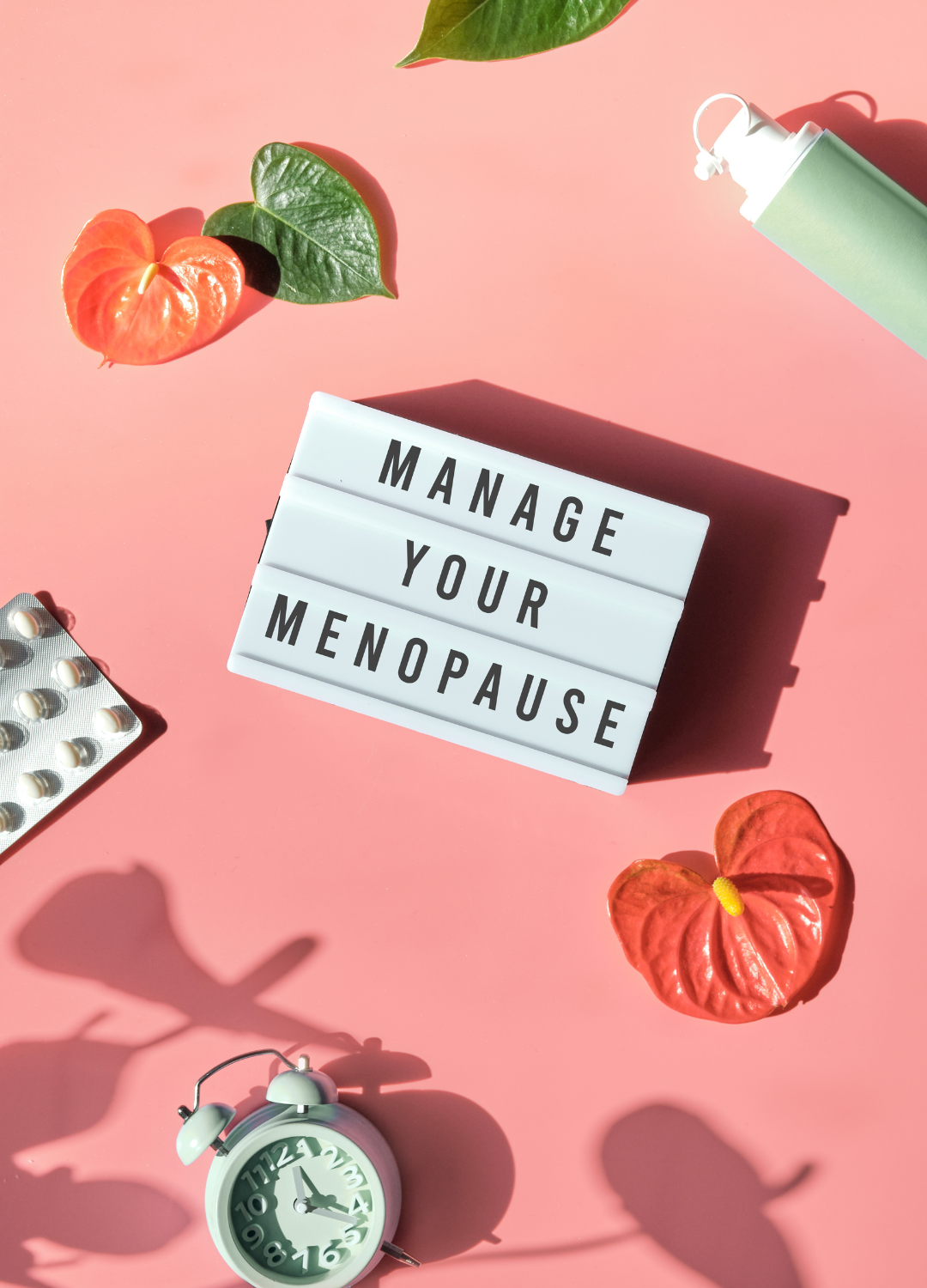Menopause supplements: Effective relief or empty promises?
By Maureen Salamon, Executive Editor, Harvard Women's Health Watch
Dozens of over-the-counter supplements are now being advertised to menopausal women as part of a $17 billion global market that's expected to grow more than 5% each year until at least 2030. The phenomenon has been dubbed "menowashing" for its propensity to convince consumers that menopause relief is as simple as popping a pill.
But the growing market for "natural" therapies skirts over the fact that supplements don't require FDA approval, Harvard experts say. Many supplements also haven't undergone rigorous testing. That means there's no evidence they actually work — or even that they're safe.
"These products are touted by movie stars, but every woman who swallows them needs to know who's making money from this," says Dr. Jan Shifren, director of the Midlife Women's Health Center at Harvard-affiliated Massachusetts General Hospital. "Women with bothersome symptoms are being preyed upon by profiteering marketers."
Dr. Pieter Cohen, an internist with Harvard-affiliated Cambridge Health Alliance, agrees. "It's predatory," says Dr. Cohen, whose research focuses extensively on dietary supplements. "Many menopause symptoms can profoundly affect your life, but by promoting a quick fix, supplement companies are misleading women about how these symptoms can best be managed in a healthy and safe way."
Fueling demand
Much data reinforces the notion that marketers are targeting a massive cluster of midlife women with impressive buying power. Nearly 63 million women were 50 or older in 2021 — roughly 19% of the U.S. population. They boast a combined spending power of $15 trillion and control 95% of purchasing decisions in their house-holds, according to AARP.
About 6,000 women in the United States reach menopause every day, totaling two million each year. But this transition — which marks 12 consecutive months without a menstrual period — typically begins years before and can linger for years after.
"Marketers have all realized there's a large number of well-educated women out there with money to spend," Dr. Shifren says. "Many women between 45 and 65 have spare income and are experiencing very bothersome menopause symptoms."
But women are doing their part to fuel the demand for "menopause support" products, Dr. Shifren says. "Women now have high expectations for healthy aging," she says. "They're saying, 'Wait a minute, I'm going to spend a third of my years beyond midlife?' They want these years to be truly terrific."
Ingredients?
The key question is if ingredients in menopause supplements can indeed help women achieve their goals for a smoother transition. Like the major drugstore-branded version, many such products combine a variety of herbal or botanical ingredients such as dong quai, milk thistle, and black cohosh.
And because supplements aren't regulated by the FDA, there are no guardrails ensuring how much of each ingredient you're consuming—or whether the supplement even contains the stated ingredients.
"If these supplements really had the purported effects — if tomorrow you took this pill and your libido actually increased or your hot flashes resolved — that would be a very potent compound," Dr. Cohen says. "And that sort of potent chemical should not be taken in the form of a supplement, which lacks any FDA scrutiny."
"It's sort of a Catch-22," he adds. "If they're working, I'd worry about what's in those supplements; and if they're not working, then women are just being misled to spend money on something that's ineffective."
Skepticism warranted
If hot flashes and night sweats are your curse — as they are for an estimated 80% of women in the menopause transition — taking a menopause supplement is just as likely to bring relief as using a sugar pill. That's because no one has identified a dietary supplement for hot flashes that's more effective than a placebo, Dr. Shifren says.
On the other hand, "the placebo response is really powerful," she says. "Placebos reduce hot flashes by 30%, even when measured objectively with temperature sensors on the skin. They're real effects — they're just not due to what you're swallowing."
Advice to consider
Check the label. Make sure it says "USP" or "NSF," which indicates the supplement has been tested by a third-party organization that confirms it meets science-based quality standards.
Avoid blended products. If you want to try black cohosh, for example, choose a supplement containing only that herb, not as part of a "menopause support" mix. "That's the only way to truly know you're getting black cohosh, but even those companies aren't ensuring the concentrations used are appropriate or safe," Dr. Cohen says.
Watch for side effects. If you experience any unusual or alarming symptoms after taking a supplement, stop taking it immediately and talk to your doctor. Even if a symptom is short-lived, that doesn't mean it's not harmful, Dr. Cohen says.
Try healthy lifestyle changes instead. It's much harder to eat healthfully, exercise regularly, and control weight than to pop a supplement, Dr. Shifren acknowledges, but these lifestyle measures are far likelier to improve your sense of well-being during menopause. "A half-hour walk with a friend three times a week will do so much more for your midlife symptoms and health than swallowing any supplement," she says.
